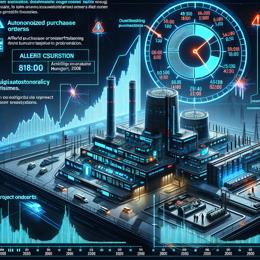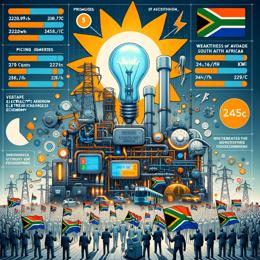Image: AI generated for illustration purposes
Discrepancies in Load-Shedding Schedules and Reality: South Africans Face Power Woes
Amidst the continuous power struggles faced by South Africans, energy experts have shed light on a perplexing issue: the stages of load-shedding announced by Eskom, the country's power utility, do not seem to match the electricity cuts experienced by the ordinary citizen. This discrepancy is creating an atmosphere of confusion and frustration, as the severity of the power outages appears to be far worse than official statements suggest.
According to respected energy analysts like Chris Yelland, Lungile Mashele, and Liziwe McDaid, there is a growing concern that the load-shedding schedules provided by Eskom are being adjusted at the municipal level, resulting in higher stages of power cuts for residential consumers. It is alleged that municipalities might be adding additional hours to the Eskom schedules, which effectively transforms a stage 6 power cut into what feels like a stage 8 for the average person.
The alteration of these schedules seems to be motivated by a desire to lessen the impact of load-shedding on businesses and industries, which are often deemed as priority consumers due to their significant contribution to the economy. However, the outcome is a demographic of ordinary people bearing the brunt of these erratic and intensified power outages.
As political figures from the ANC make bold claims that load-shedding will conclude in the coming month, energy analysts remain skeptical. Chris Yelland highlights the inherent unpredictability in this situation, given that power plant breakdowns are often unplanned and cannot be anticipated. With elections on the horizon, such promises are feared to be merely political rhetoric rather than a reflection of the current power generation reality.
Liziwe McDaid, the strategic lead at The Green Connection, echoes the sentiment that it is highly unlikely that Eskom will deliver on the promise to suspend load-shedding, even though the industry does slow down during the festive season. Similarly, Lungile Mashele emphasizes that any suspension in load-shedding by Eskom would likely be short-lived, with a clear indication that consistent power cuts will persist into December and beyond.
The ramifications of this are not only limited to the inconveniences faced at home but extend to small and medium enterprises that suffer from the uncertainty and instability of power supply. This directly impacts the country's economy, hindering growth and investment opportunities.
For a country that relies heavily on an already strained power grid, these revelations are a cause for concern. South Africans are in search of transparency and a reliable schedule they can plan their lives around. The discrepancy between what is announced and what is implemented regarding load-shedding complicates daily life and sparks a conversation about energy policy and the prioritization of power distribution in South Africa.










